T4K3.news
Food system climate crisis demands tough bets and policy reform
Editorial analysis of Grunwald's book on farming's climate impact and policy pathways.
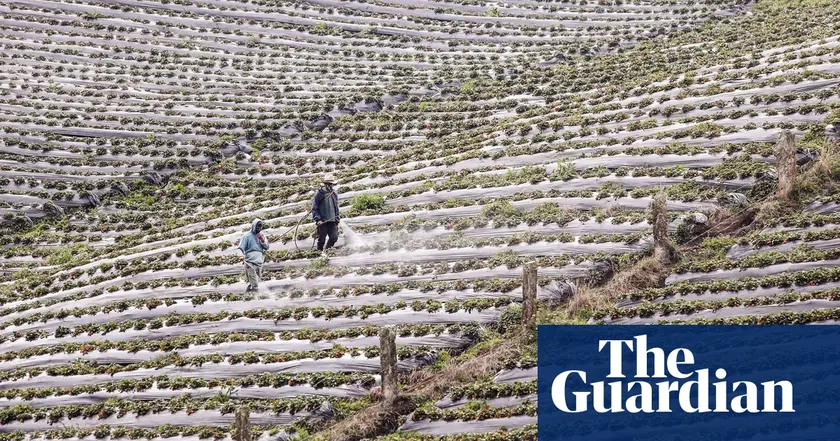
Editorial analysis of Michael Grunwalds new book shows how farming drives emissions and why fixes have to be practical and bold.
Food system climate crisis demands tough bets and policy reform
A new book on climate and food argues that the global farming system is a major obstacle to cutting emissions. It explains that clearing forests for cropland and grazing is a key driver of planet heating, and that livestock and feed chains intensify the problem. The author, Michael Grunwald, estimates that agricultural production may need to grow by about 50 percent in the next 25 years to feed a ten billion person world while protecting biodiversity and carbon stores.
Grunwald points out that the math is harsh. Land already used for farming is vast, and expanding production could come at the cost of forests and other natural buffers. The book surveys a range of ideas meant to reduce climate impact, including soil carbon strategies, biofuels, plant based meat, cultivated meat, and vertical farming, but notes that results so far are modest or uncertain. It also highlights market realities: hype around some solutions has faded, and some technologies remain expensive or restricted by policy. Yet Grunwald does not surrender to despair; he argues that human ingenuity has repeatedly reshaped energy and that similar progress could happen in food with disciplined effort and real reform.
Key Takeaways
"We’re clear-cutting and broiling the planet to stuff our faces"
Grunwald framing the scale of land use for food production
"We built it. They didn’t come"
Max Elder describing plant based meat adoption
"Florida is fighting back against the global elite’s plan to force the world to eat meat grown in a petri dish"
DeSantis on cultivated meat politics
The piece treats the climate challenge in farming as a long game that combines science, markets and politics. It underscores how optimism about tech fixes can outpace practical implementation, from the collapse of plant based meat stock value to bans on cultivated meat in certain places. Yet the analysis also emphasizes opportunity: better incentives for sustainable farming, more transparency in supply chains, and investment in research could move the needle even if no single solution solves the problem.
There is a warning for readers who expect a quick fix. The article argues that policy choices will shape what counts as feasible, and that consumer behavior matters as much as new varieties of seed. The takeaway is not cynicism but a call for steady, targeted action: reduce waste, protect forests, and reward farmers who lower emissions. The overarching message is simple—whether through improved crops, smarter land use, or smarter diets, progress will come only with sustained policy and public buy in.
Highlights
- We’re clear-cutting and broiling the planet to stuff our faces
- We built it. They didn’t come
- Plant-based burgers could become cheaper tastier and more convenient
- Florida is fighting back against the global elite’s plan to force the world to eat meat grown in a petri dish
Political and regulatory risk around food technology
The discussion touches on political conflict, state bans, and public backlash to new food tech. These elements could spark controversy among policymakers, investors, and the public.
The road to a climate friendly food system will be long, but it is not a dead end.
Enjoyed this? Let your friends know!
Related News
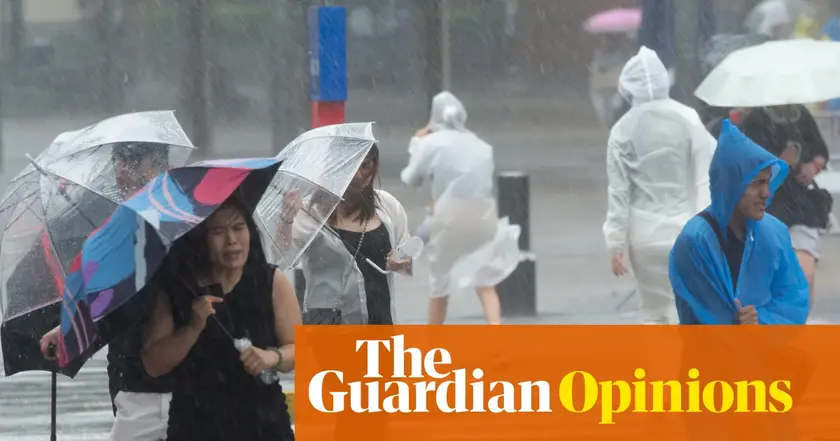
China faces a turning point in growth

Heat alerts tighten as drought grips England

Chemical pollution poses threat comparable to climate change
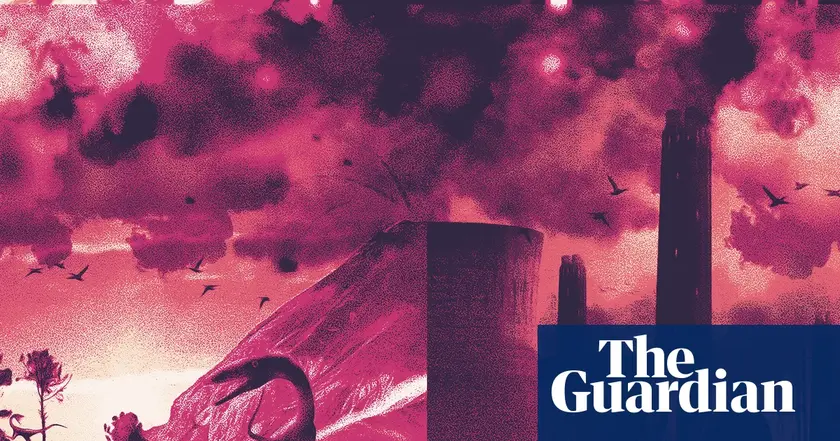
Rapid CO2 rise could trigger mass extinction

Reeves eyes broad tax hikes in Autumn Budget
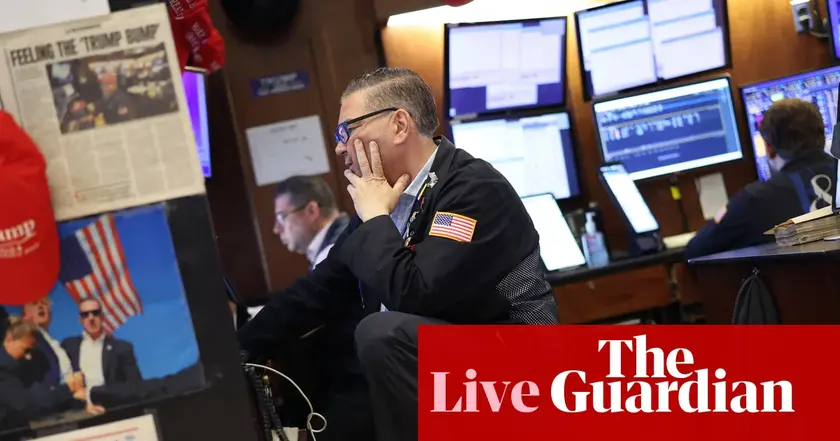
Thames Water contingency plans approved

Polling shows British support for strict anti-immigration policies
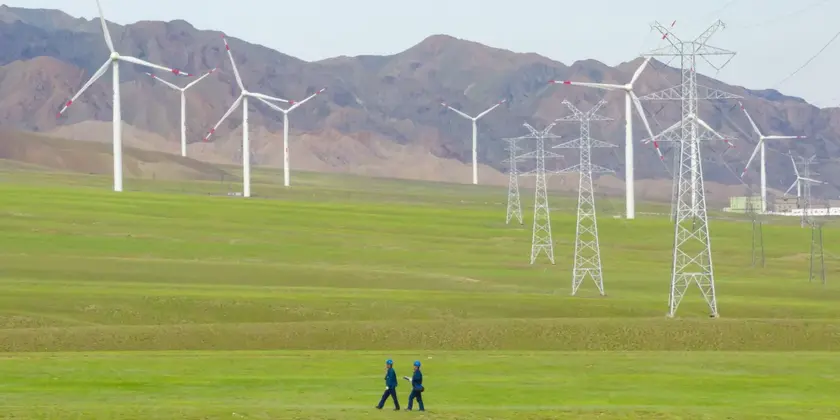
US grid risk to AI growth
